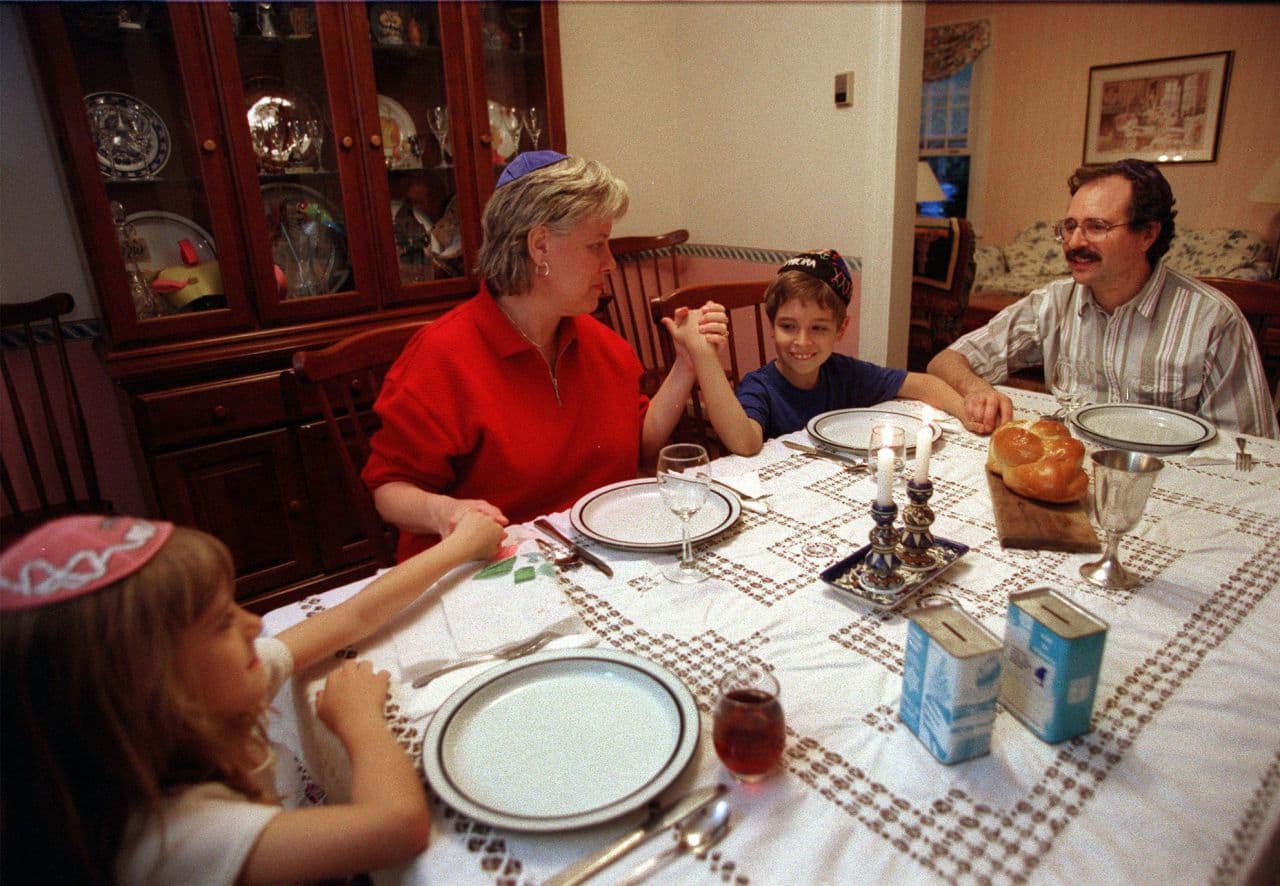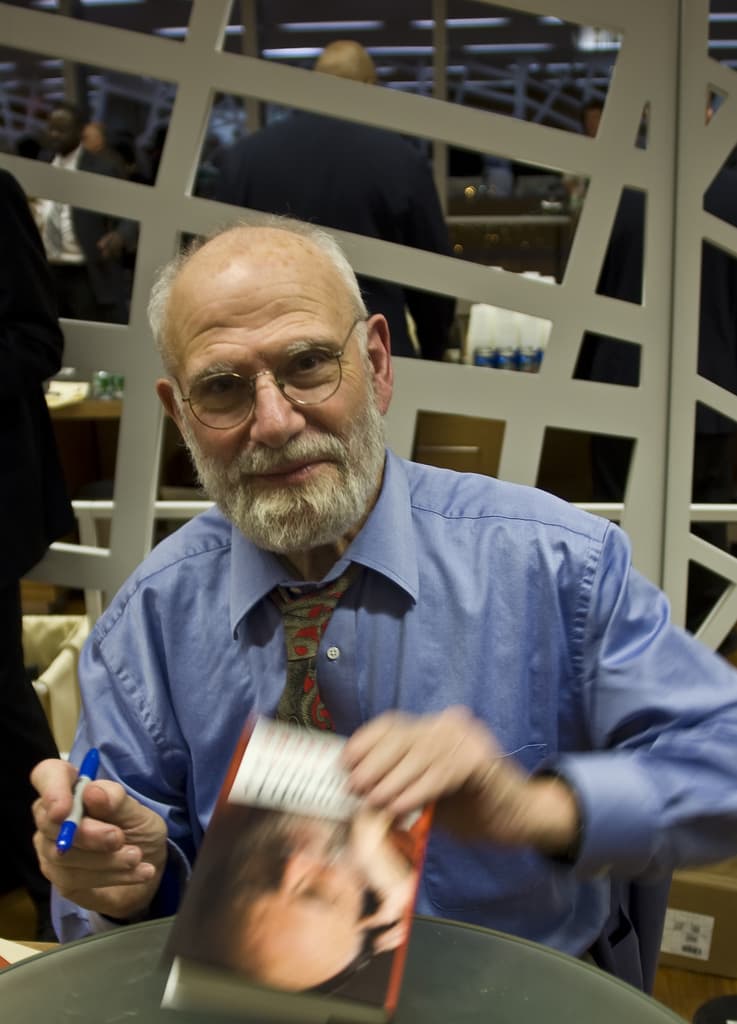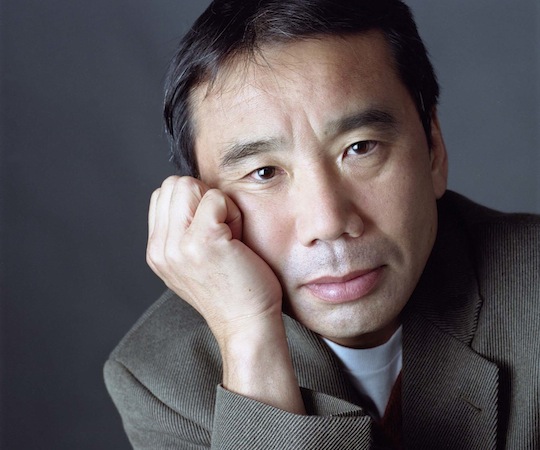Advertisement
The Sunday Times And The Way We Live Now: From Amazon To Oliver Sacks' 'Sabbath'

COMMENTARY
As old media turns to new and eyeballs continue to drift online, it’s hard to break the habit of reading the paper copy of the Sunday New York Times. I practically get the DTs if I have to read it online or on my Kindle. There’s a tendency to rush through the Times online, as if it’s a contest to get through it as fast as you can. Whereas the paper copy is practically saying, “It’s Sunday. Relax. Take your time. We’ve got a lot of great stuff for you over your coffee and eggs.”

At its best, the Times homes in on the way we live our lives today. Amid the domestic issues and the international tragedies there’s a sociological pathway cleared toward an understanding of contemporary behavior. The contrast between two of those pieces today was startling.
On the front page was a long expose of the Dickens-meets-Orwell culture at Amazon, in terms of how employees are treated there. Jodi Kantor and David Streitfeld paint a portrait of a company that has made the metrics of getting stuff to customers faster and cheaper seem like some science-fiction experiment gone horribly wrong, a la “Ex Machina” or “The Island of Dr. Moreau.”
Staffers there, according to Kantor and Streitfeld, are pressured to work 80-plus hours a week, send secret feedback about their coworkers to managers, be on their email past midnight and not be given time to recover from crises like cancer and miscarriages. They can also be castigated for going on vacation with spotty Internet access or be told that having children will work against them.

According to the story, “A woman who had breast cancer was told that she was put on a ‘performance improvement plan’ — Amazon code for ‘you’re in danger of being fired’ — because ‘difficulties’ in her ‘personal life’ had interfered with fulfilling her work goals.” Others echoed that story, according to the reporters.
One former human resources employee called it “purposeful Darwinism” — seemingly as a compliment, noting all that Amazon has accomplished; how the company couldn’t have done it without driving its employees to the breaking point; and then only keeping the stars. “It’s like panning for gold,” said another former employee.


At the other end of the humanistic spectrum is Oliver Sacks, the famous neurology professor who writes so movingly about “Sabbath” in the Sunday Review section. Growing up in an Orthodox Jewish family he would watch his parents, both surgeons, stop working on Friday night, the start of Shabbos, or Sabbath.
Sacks drifted away from being an observant Jew, fueled in part by his mother telling him “I wish you had never been born” when she found out he had homosexual tendencies. Sacks nevertheless found a purposeful life, to say the least, in helping people with neurological problems. The life he describes as he faces death hearkens back to the importance of Sabbath in all our lives. It will make a grown man or woman cry, and not the tears that Amazon employees shed for being pushed so hard in the other Times piece:
And now, weak, short of breath, my once-firm muscles melted away by cancer, I find my thoughts, increasingly … on what is meant by living a good and worthwhile life — achieving a sense of peace within oneself. I find my thoughts drifting to the Sabbath, the day of rest, the seventh day of the week, and perhaps the seventh day of one’s life as well, when one can feel that one’s work is done, and one may, in good conscience, rest.
Whether Sacks found that peace in his work or not, it’s an ideal of how to live a life, far from the Darwinian dog-eat-dog vision the Times describes at Amazon. Bezos or his staff will no doubt respond that the Times either got it wrong or made isolated cases seem like company policy. (Update: Bezos has now responded here.) And let’s face it, the Times doesn’t always get it right, as witnessed by the recent correction to its story about Hillary Clinton’s emails.

We’ll see. But one place where the Times does get it right, most of the time, is in its coverage of the arts. Moving on to the Book Review I saw that Haruki Murakami’s first two novels, "Wind/Pinball," had at long last been released. Normally I would have just logged on to Amazon, drooled at the discount and used my Amazon Prime membership to get it within a day or two.
But, along with the Times piece on Amazon, I recalled what Matt Tannenbaum, owner of the Bookstore in Lenox, said to me once:
"People come into the store and say, ‘We used to have a bookstore just like this. I wonder what happened to it,’ ” Tannenbaum noted. ”And I feel like saying, ‘You chose convenience and discounts.’ ”
At least on this one Sabbath day I could drive over to Porter Square Books, spend a few extra bucks (well, $11, to be honest), and do the right thing. And, in my own limited way, tell folks like Bezos that a purposeful life like Sacks’ trumps the purposeful Darwinism at Amazon.
Ed Siegel is editor and critic at large of The ARTery.
This article was originally published on August 16, 2015.
